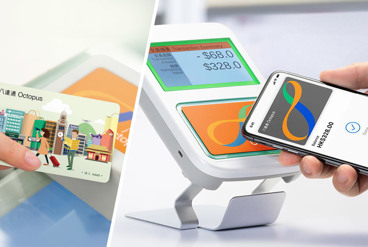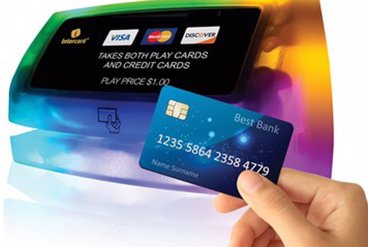How does Taxation work for Card Readers in Iran?

This article explores the taxation system in Iran with respect to payment card readers. We investigate the rules, regulations and guidelines governing tax payments from businesses that use these payment systems in Iran. It looks into what type of taxes are applicable to those who own or operate a card reader machine and how they can properly file the taxes to meet their obligations. Finally, it provides important keywords related to the topic that one needs to be aware of.
Introduction
Taxes play an essential role in any country's economy. In Iran, taxes are used by the government for different purposes such as infrastructure development, social programs, etc. Businesses operating in Iran need to pay particular attention towards taxation and filing of taxes on time. In this article, we will focus on card readers and their taxation system in Iran; providing insight into what types of taxes these businesses have to abide by and how they should go about filing them accordingly.
What are Card Readers?
Card readers are electronic devices used for POS (Point-of-Sale) transactions such as debit/credit cards or NFC cards. These machines provide safe, fast and convenient transaction methods allowing customers to make payments without using cash. Card readers also commonly used by business owners/operators for various marketing campaigns as well as inventory controllers and customer loyalty programs too. They are increasingly popularirsing within commercial environments due increased customer satisfaction ratings they receive when compared with other cash based options - partly due an ever growing demand for virtual solutions catered towards digital consumers habitats iin 2020 & 2021 consumption patterns worldwide, but particularly strongly across tech forward middle eastern countries like the Islamic Republic of Iran.
increased customer satisfaction ratings they receive when compared with other cash based options - partly due an ever growing demand for virtual solutions catered towards digital consumers habitats iin 2020 & 2021 consumption patterns worldwide, but particularly strongly across tech forward middle eastern countries like the Islamic Republic of Iran.
Types of Taxes Applicable for Card Readers
In Iran, taxation laws dictate that all businesses registered under Iranian law must pay corresponding fees or levies depending upon their income generated from services supplied per month or through annual earnings earned through such activities or services provided throughout a period ranging from 6 months onwards onwards or each year cycle encompassing 12 calendar months thereon after , respectively . The three main types of taxes applicable for card reader companies are Value Added Tax (VAT), Income Taxes (IT), and Sales Taxes (ST). VAT is levied at a flat rate of 1% while IT is 15%, 20%, and 25% based on taxable income brackets provided respectively by relevant documentation issued as assessed means by governmental bodies affiliated with Islamic judiciary guidelines defining terms therein clearly summarised under general contractual agreement processes stipulated which all Iranian SMEs working within business slots pertain hitherto acknowledge unequivocally of on receipt issued document relating thereto applicability thereof either case embodied said agreement statute’s bindedly invariably therefore foresaid applicable thereon clauses resolute determination held understanding over jointed between IRS entities thereof . Lastly ST is also 15%.













